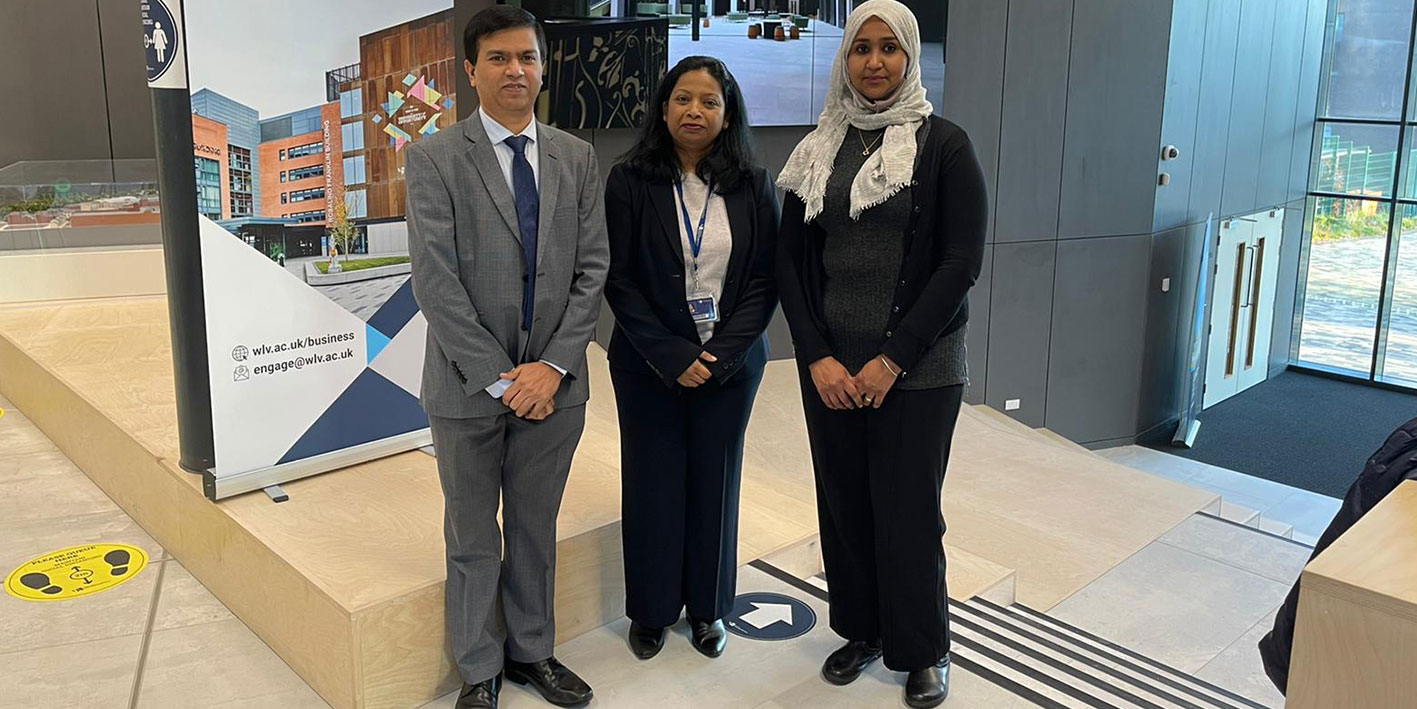
How harmful is real-world violence on social media?
The impact of viewing explicit real-world violent content via social media will be the focus of a new study by University of Wolverhampton researchers funded by Facebook Research.
There has been extensive research into the impacts of exposure to fictional violent media, for example in videogames and films. Research has also demonstrated that news footage of shootings or bombings can cause some people to enter a ‘cycle of distress’ where they increasingly worry about future events.
However, the uncontrolled and uncensored exchange of footage within individuals’ social media networks has been virtually unstudied. Some internet users interact with the material as a form of entertainment while others are unwittingly exposed to it, with potential adverse consequences suspected but, as yet, poorly understood.
Dr Joanne Lloyd and Dr Laura Nicklin will be working as co-principal investigators on the cyberpsychology project ‘Exploring harmful [mis]information via normalised online violent content’ which will start next year.
It follows on from their recent publication looking into the reactions to unsolicited violent and sexually explicit media content shared over social media. In this work, they found that females rated it both as significantly less funny or exciting and more disturbing than males. Among males, those with high previous exposure rated violent content as more exciting than those with lower or no prior experience. Regardless of gender, participants with higher exposure to sexual content rated it as funnier than those with mild or no exposure. However, contrary to what desensitisation theories would predict, prior exposure did not attenuate how disturbing explicit content, of either a sexual or a violent nature, was rated.
Dr Joanne Lloyd said: “Both the recording and exchanging of these acts would be considered by most as deviant, however, they risk becoming normalised where individuals are misinformed through frequent engagement within a peer group, both physical and digital social networks, or as part of an emerging subculture; particularly if unchallenged by external influences.
“A lack of knowledge about the prevalence and frequency of this behaviour, its psycho-social predictors, or its potential to cause psychological harm, mean that this funded research can play a crucial role in improving our understanding of this phenomenon.”
Dr Laura Nicklin said: “In a time where social media and digital spaces are so meaningful on an international and intergenerational scale, we feel incredibly lucky to be able to take on this project and explore such an important and timely issue.”
During the project, they will respectively explore in-depth experiences of this phenomenon and learn more about how individual differences across a larger number of people, predict risks of harm from, or resilience to, this experience.
The funding news was gratefully received by the academics, especially considering the number of applications to the competitive global opportunity; Facebook Research received over 1,000 proposals from 77 countries. Dr Lloyd and Dr Nicklin’s project is one of the successful 25 projects; and one of only three in the UK.
Facebook Research launched the funding opportunity earlier this year to support projects expanding their existing understanding of challenges and potential interventions in relation to misinformation, polarisation, information quality, and conflict via social media and technology.
Visit our Research and Innovation webpage to find out more about the research taking place at University of Wolverhampton.
For more information please contact the Corporate Communications Team.


/prod01/wlvacuk/media/departments/digital-content-and-communications/images-2024/240328-Varsity-Line-Up-Resized.jpg)
/prod01/wlvacuk/media/departments/digital-content-and-communications/images-18-19/220325-Engineers_teach_thumbail.jpg)
/prod01/wlvacuk/media/departments/digital-content-and-communications/images-2024/240423-Additive-Research-Centre-Launched.jpg)
/prod01/wlvacuk/media/departments/digital-content-and-communications/images-2024/240320-Uzbekistan-Resized.jpg)
/prod01/wlvacuk/media/departments/digital-content-and-communications/images-2024/240229-The-Link-Resized.jpg)
/prod01/wlvacuk/media/departments/digital-content-and-communications/images-2024/240416-Abi-Dare-Resized.jpg)


